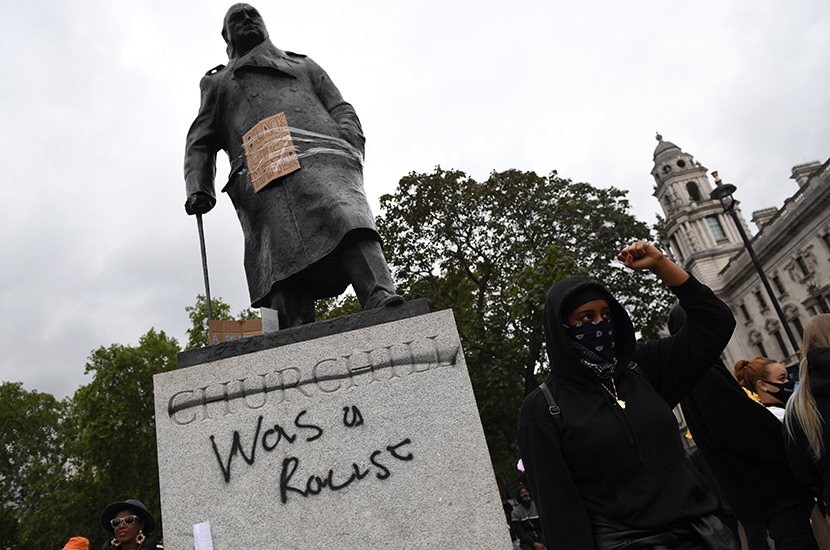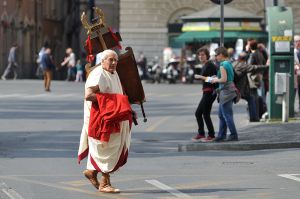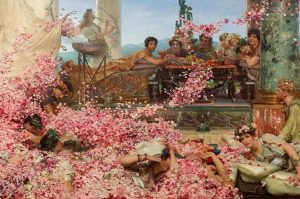The actor John Cleese has been wondering if we should destroy Greek statues because Greeks believed ‘a cultured society was only possible if it was based on slavery’. That was not a Greek belief, but might the existence of ancient slavery suggest that their statues deserve to be knocked down anyway?
Two points: first, the ancient world was one in which there were laws, but no concept of human rights, or of the sanctity of life; second, slavery was simply a universal fact of life, rather like hunting. Anyone could be enslaved at any time — captured in war or by pirates at sea — and many were born into it: all were the automatic private property of their owners. Few people thought twice about it.
Everyone who was anyone had slaves. Indeed, slaves who served their masters well and were freed — very common in Roman times, not in Greek — did not hesitate to buy slaves themselves. Every farmer probably had one or two slaves, male or female, to help with work and about the home. The Roman billionaire Crassus had hundreds of slaves to serve his business interests, from 500 highly skilled architects and builders to secretaries, administrators, silversmiths and those working his lands and (dreadful fate) silver mines. If a Pheidias, an Archimedes or a Tacitus came up for sale, who would not snap him up?
On the other hand, destitute families sold their children into slavery if they could not afford to raise them (the philosopher Epictetus was one such). To us, all this is abhorrent. To Greeks and Romans, as to the whole of the ancient world, Christians included, it was simply shopping.
***
Get a print and digital subscription to The Spectator.
Try a month free, then just $7.99 a month
***
The ancients are long gone. Merely destroying their statues serves no purpose. But their language and literature, providing the evidence for their actions, thoughts and beliefs — the source of their wide-ranging influence — were preserved and are increasingly studied in schools. Can that be allowed in 2020, where human rights and the sanctity of life play such a central role in delivering justice? Should not the subject matter now be aligned with modern tempora and mores? It looks like the fashionable answer is ‘yes’.
This article was originally published in The Spectator’s UK magazine. Subscribe to the US edition here.


















